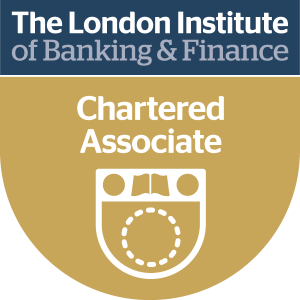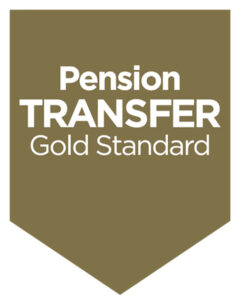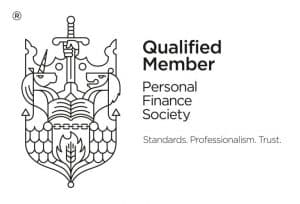What is Inheritance Tax?
Inheritance Tax is a tax on the value of your estate after you die. Your estate will include the value of all your assets including your home, cash, investments, belongings and everything else of value that you own.
Inheritance Tax has to be paid by the beneficiaries of your estate before they can receive any of the money from your estate. The money can’t be taken from the value of your estate, it has to be physically paid before any money can be released.
How much Inheritance Tax will my beneficiaries have to pay?
Fortunately, everyone is allowed to leave an estate up to a certain amount without their beneficiaries having to pay tax. This amount is set by the Government and is known as “the nil rate band”.
The nil rate band is currently £325,000 for the 2018/2019 tax year. If your estate is within this amount there is no tax for your beneficiaries to pay. Any amount above the nil rate band is subject to tax at 40%.
As an example:
If you leave behind assets totalling £600,000 your estate pays nothing on the first £325,000; however on the remaining £275,000 your estate will pay 40% tax – a total of £110,000.
If you are married or have a registered civil partnership (and provided your spouse or partner is UK domiciled) and you pass your total estate to them, the total amount of your estate is exempt from Inheritance Tax, regardless of the amount.
Your partner or spouses Inheritance Tax allowance is then increased by the amount you didn’t leave to anyone else. Therefore a couple, together, can currently leave £650,000 tax-free. ( 2 x the nil rate band of £325,000)
As an example:
Mr & Mrs Jones have a joint estate worth £850,000. Mr Jones dies first and leaves £150,000 to their children. The remaining £175,000 of his nil rate allowance (£325,000 minus £150,000) will pass to his wife increasing her allowance to £500,000. (£325,000 plus £175,000)
When Mrs Jones dies with assets of £700,000 (because her husband had left £150,000 to their children) the nil rate band for her is set at £500,000 leaving £200,000 subject to Inheritance Tax at 40% , which is £80,000 that the children will have to pay prior to the estate being released. The children have up to six months to pay this bill before interest is added.
The new rules are backdated indefinitely, which means that if your partner or spouse didn’t take up all of their tax-free allowance at the time of their death, you are eligible to use it when you pass away.
It is important to remember that these joint allowances only apply to married couples, or those couples who have a registered civil partnership.
There is no such thing in law as a “common law husband or wife”. In other words, if you have been living with a partner, even for many years, but are not married or in a registered civil partnership, the rules on joint allowances will not apply to you.
Residential Nil Rate Band
The Government introduced a new residential nil rate band in 2017/18, which may affect your liability for Inheritance Tax, depending on your circumstances. For further information about the potential impact of this, please speak to one of our Indepenedent Financial Advisers.
General Points to consider about Inheritance Tax.
If your estate will be above the “nil rate tax band” currently set at £325,000, your beneficiaries will have an Inheritance Tax bill to pay. That tax bill has to be paid before any money from the estate can be released.
You therefore need to consider how the beneficiaries of your estate will be able to pay the bill. There are ways in which that can be dealt with, however the best solution for you will depend entirely on your financial circumstances, which is why it is important to seek Independent Financial Advice to understand how you can plan for the future.
Equally if you have already made gifts or are planning to make gifts, you will still need to consider how the beneficiaries of those gifts will be able to pay any Inheritance Tax liabilities.
Gifts into Trusts are also now covered by Inheritance Tax rules so again you will need to consider how the beneficiaries of those gifts will be able to pay any Inheritance Tax liabilities.
Awards and Accreditations
















Mr & Mrs P
Mr & Mrs C
Mrs L